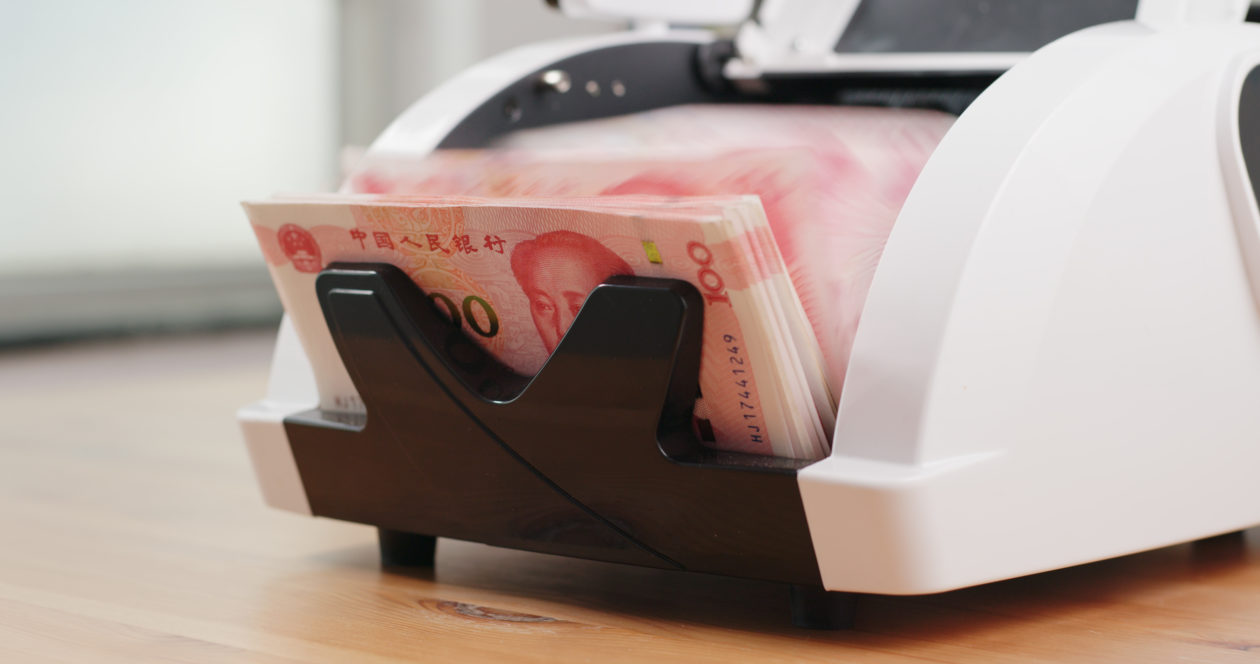In China, over 20 publicly listed companies have disclosed they are bringing to market e-CNY-related services and products, such as hardware wallets, a digital yuan payment system for schools, and a mobile phone SIM card that can pay for bike rentals with digital yuan at the tap of a phone, according to a report by China Securities Daily.
Fast facts
- In terms of hardware, products include e-CNY ATMs, point-of-sale (POS) devices and hardware wallets. A company called “Chutian Dragon,” which designs and produces e-CNY hardware wallets that can be ordered, stated it has started to supply digital renminbi hardware wallets in bulk for the market.
- Software products include payment systems used in public transportation, schools, and in cross-border payments. A company called “Emptech” launched an e-CNY fare payment system for Suzhou’s bus lines in October 2020. Another company, “NewCapec,” launched China’s first e-CNY payment system for a middle school in Nanjing in March this year.
- Following a white paper released in July, e-CNY-related products are booming, especially in hardware wallets. E-CNY hard wallets are devices that implement the ability to pay and receive RMBs, which can be based on IC cards, mobile terminals, wearable devices, and Internet of Things devices.
- Four of six e-CNY operating banks have released their hardware wallets, which are in the shape of cards, badges, crutches, watches, earphone boxes, mascots and ski gloves — the last two are designed for the Winter Olympics.
- In addition, some Chinese technology giants have introduced hardware that supports e-CNY payments. Meituan recently launched a bicycle share that accepts digital RMB as fare. People can use a mobile phone loaded with a SIM card with an e-CNY payment function to touch the bicycle’s lock to unlock the bike. And after a ride, the fare can be automatically deducted from the user’s digital wallet.
- To popularize the use of e-CNY, China has distributed 17 rounds of e-CNY red packets totalling 321.2 million yuan (worth US$49,755,289) in eight cities — Beijing, Shanghai, Shenzhen, Chengdu, Xi’an, Changsha, Suzhou, and Xiongan New Area. In addition, exhibitions held in mainland China this year are setting up areas for promoting digital-RMB-related products, such as at the World Artificial Intelligence Conference in July and the ongoing China International Fair for Trade in Services.





